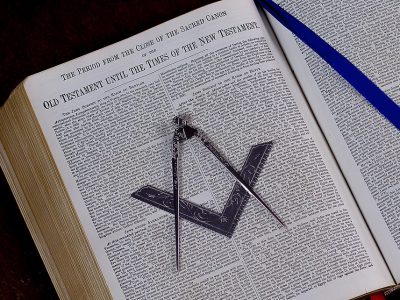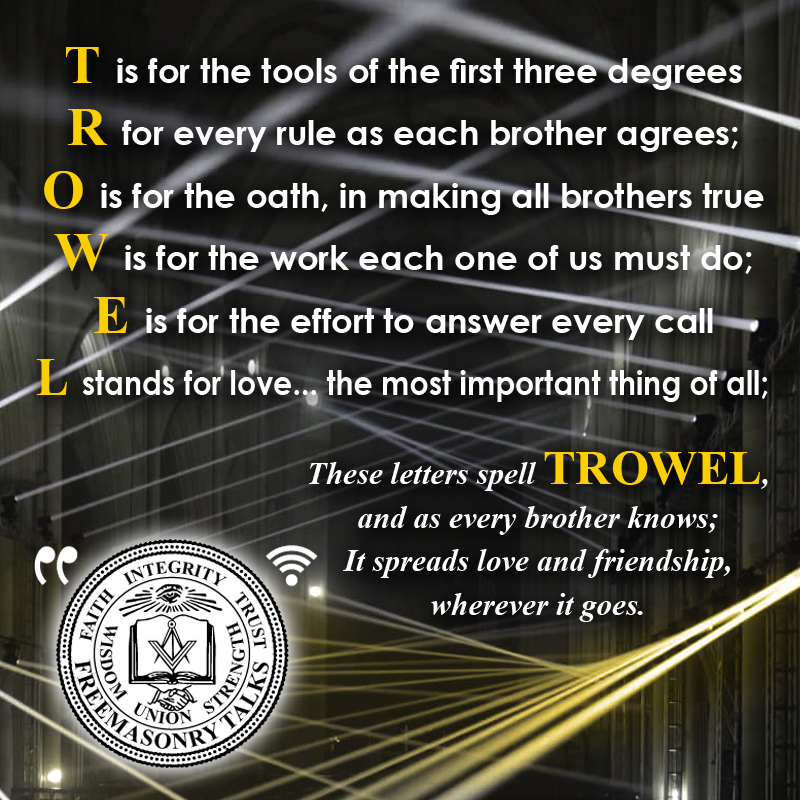Freemasonry, often shrouded in mystery and misconception, has historically been home to many influential figures who have left a significant mark on society. Among these individuals, a few stand out for their remarkable contributions to the world, embodying the values of brotherhood, charity, and enlightenment that the Masonic tradition espouses. This article explores the lives and legacies of several great men who were Freemasons and made a positive impact on the world.
1. George Washington
One of the most prominent Freemasons in history, George Washington, the first President of the United States, played a pivotal role in the founding of the nation. His leadership during the American Revolutionary War and his vision for a democratic government laid the groundwork for modern democracy. Washington’s Masonic values of integrity and service influenced his approach to leadership. He was known for promoting religious tolerance and civic virtue, emphasizing the importance of unity and moral conduct in building a new nation.
Washington’s involvement in Freemasonry provided him with a network of like-minded individuals who shared his ideals of liberty and equality. His Masonic beliefs guided his commitment to public service, setting a powerful example for future leaders.
2. Benjamin Franklin
Another founding father, Benjamin Franklin, was not only a key figure in the American Enlightenment but also a prominent Freemason. Franklin’s contributions to science, politics, and social reform were immense. He was instrumental in the establishment of the first public library in America and was a strong advocate for education and civic responsibility.
Franklin’s Masonic journey began when he joined the St. John’s Lodge in Philadelphia in 1731. Through Freemasonry, he championed principles of charity, brotherhood, and community service. He also established the first American Masonic Grand Lodge, further solidifying the organization’s role in promoting civic engagement and ethical leadership.
3. Sir Winston Churchill
Winston Churchill, the British Prime Minister during World War II, is often remembered for his leadership in one of the darkest periods of history. A Freemason since 1901, Churchill exemplified resilience and determination, rallying the British people during a time of great peril.
Churchill’s Masonic connections helped him build relationships with various leaders and influencers, facilitating cooperation among nations. His speeches, rich with the ideals of courage and hope, inspired countless individuals to stand firm against tyranny. Beyond politics, Churchill’s commitment to humanitarian causes and his efforts to promote peace after the war further highlight his positive impact on the world.
4. Martin Luther King Jr.
Reverend Martin Luther King Jr., a pivotal figure in the American civil rights movement, was a Freemason who dedicated his life to fighting for equality and justice. His philosophy of nonviolent resistance drew on Masonic principles of brotherhood and moral integrity. King’s leadership was characterized by his unwavering commitment to achieving social change through peaceful means.
His iconic “I Have a Dream” speech and his advocacy for civil rights legislation profoundly changed the social landscape of the United States. King’s Masonic beliefs reinforced his conviction that humanity could overcome division through love and understanding, making him a beacon of hope for generations.
5. Nelson Mandela
Nelson Mandela, the anti-apartheid revolutionary and former President of South Africa, is celebrated worldwide for his unwavering fight for justice and equality. Mandela was initiated into Freemasonry in 1995, shortly after his release from prison. His commitment to reconciliation and nation-building was deeply influenced by Masonic values of brotherhood and mutual respect.
Mandela’s legacy is one of forgiveness and unity. He emphasized the importance of understanding and working together to build a better future for all South Africans, regardless of their background. His efforts to dismantle apartheid and foster a peaceful transition to democracy showcased the profound impact of his leadership, inspired by his Masonic principles.
Conclusion
Freemasonry has been a catalyst for positive change, nurturing individuals who have significantly impacted society. Figures like George Washington, Benjamin Franklin, Winston Churchill, Martin Luther King Jr., and Nelson Mandela exemplify the ideals of service, integrity, and brotherhood that define the Masonic tradition. Their legacies remind us that leadership rooted in compassion and ethical values can transform lives and inspire future generations. As we reflect on their contributions, it becomes clear that the ideals of Freemasonry continue to resonate in the pursuit of a more just and equitable world.

















